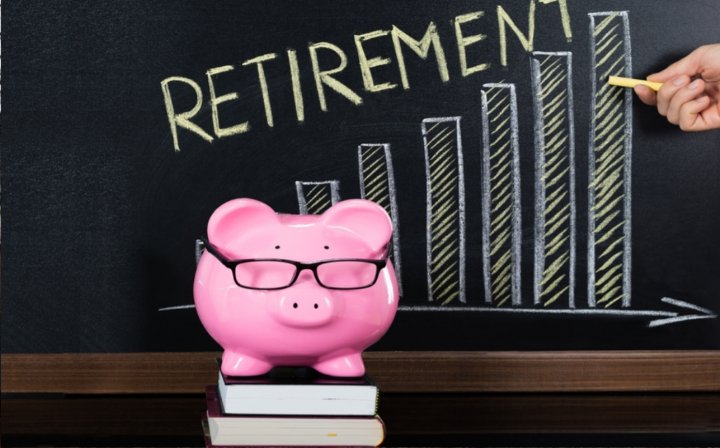effect of the increase in social security’s full retirement age on unemployment among older adults
Most people think raising the Full Retirement Age (FRA) from 65 to 67 just makes seniors work two extra years. New research proves it’s doing something much worse — it’s pushing thousands of older Americans into long-term unemployment.
Why Is This Happening Right Now?
In 1983, Congress changed the rules. Anyone born in 1960 or later must now wait until age 67 to get their full Social Security check.
| Birth Year | Full Retirement Age |
|---|---|
| Before 1960 | 66 or less |
| 1960 and later | 67 full years |
That two-year delay sounds small. But for many workers, it’s the difference between retiring with dignity and spending years jobless.
3 Big Reasons Older Workers Are Getting Stuck Unemployed
1. Bodies Break Down Before Age 67
Factory workers, truck drivers, nurses, and construction workers often can’t physically keep going past 62 or 63. Their jobs require lifting, standing, or repeating hard movements. When the body says “no more,” they get laid off or forced to quit — but full benefits are still years away.
2. Companies Don’t Want to Hire People Over 55
Studies show résumés with ages 55+ get half as many interview calls as the same résumé with a younger age. Once older workers lose a job, they stay unemployed 3–6 months longer than younger people.
3. No Early Retirement Safety Net Anymore
Twenty years ago, big companies offered early retirement packages with pensions. Those are almost gone. Today, workers have only two bad choices:
- Claim Social Security at 62 and lose 25–30% forever, or
- Try to find a new job at age 62–66 when almost no one wants to hire them.
What the Numbers Really Say
Recent studies compared people born just before and after 1960 (the cutoff for the new rules):
- Unemployment for ages 62–64 went up by almost 2 full percentage points
- Men in physical jobs saw the biggest jump
- Average time spent unemployed increased by 10–12 weeks
- Workers without college degrees suffered the most
Who Gets Hurt the Worst?
| Group | Extra Risk of Unemployment |
|---|---|
| Blue-collar workers | Very High |
| People with health issues | Very High |
| Non-college graduates | High |
| Office workers (healthy) | Low |
The Hidden Cost Nobody Talked About in 1983
Lawmakers said raising the retirement age would save Social Security without hurting anyone. They were wrong.
For healthy doctors, lawyers, and managers, working until 67 or 70 is easy and even pays more (8% bonus per year delayed). But they are the lucky minority.
For the majority — the warehouse worker with bad knees, the waitress with arthritis, the factory worker who got laid off at 63 — the higher retirement age means months or years of unwanted unemployment and stress.
Final Warning for Anyone 55+
If you’re in this age group today, understand one thing: the government moved your retirement finish line two years farther — and the job market is full of obstacles.
Save everything you can. Stay as healthy as possible. Build skills that let you work from home if needed. Because depending only on Social Security and a fair job market at age 65+ is now a risky bet.
The effect of the increase in social security’s full retirement age on unemployment among older adults is clear: it’s creating a new group of “forced unemployed” seniors who are too young for full benefits but too old for most employers to hire.
